9 Signs Your Puppy Is No Longer a Puppy
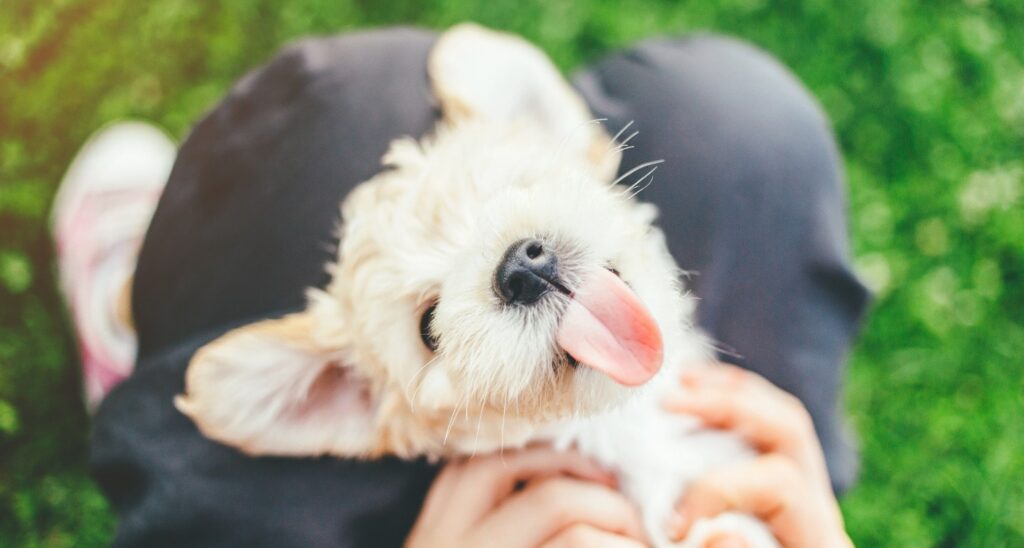
Photo by iStock.com/Pekic
We’d all like to believe that our puppies will never grow up, but puppies can’t stay puppies forever and it’s our job to properly care for them as the become adult dogs. But how do you tell when a young dog is approaching adulthood? And what changes do you need to make once a pup starts to grow up?
Here are nine signs that your puppy may no longer be a puppy, as well as tips on how to handle the transition.
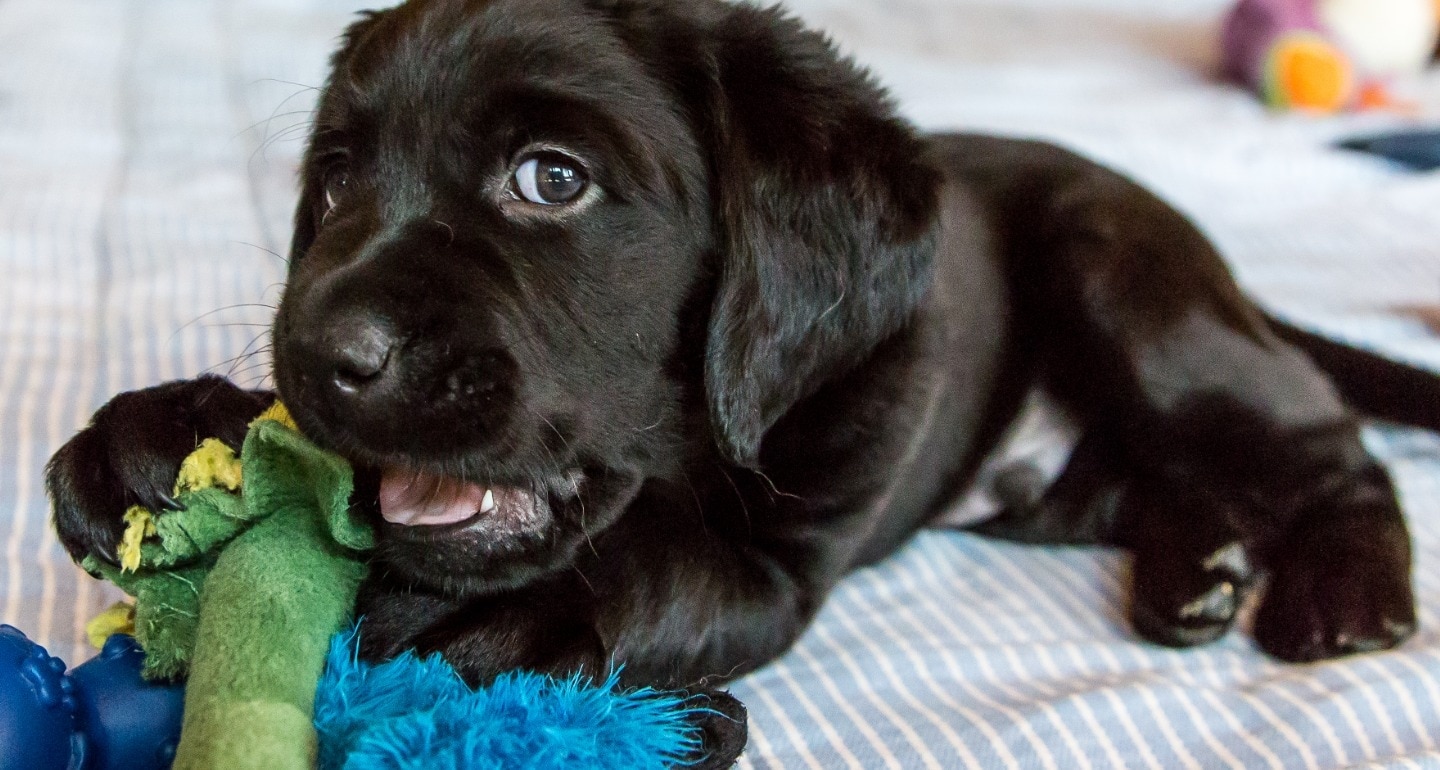
iStock.com/David Osberg
He’s Lost His Puppy Teeth
According to Dr. Margaret Gruen, clinical assistant professor at NC State Veterinary Medicine School, the majority of a dog’s adult teeth will be in place by about six months of age. This is a good time for pet owners to start thinking about dental care.
“Brushing dogs’ teeth is a great idea, and starting when their adult teeth have come in can help them to be comfortable with the procedure,” she says. Gruen suggests starting small, with short and positive sessions to get the dog used to the process.
“Finger brushes can be used for young dogs, and aim to brush the outside surface of the teeth at least three times per week,” she says. The Nylabone Advanced Oral Care dog finger brush is a great dog grooming tool for introducing your pup to dental care.
You may also introduce dog dental treats, like Dr. Lyon’s grain-free small dental dog treats, as a part of your dog’s dental routine.
With their new adult teeth, adolescent puppies will be able to handle slightly firmer dog toys, although Gruen recommends not giving anything too hard, as it can initiate dental wear.
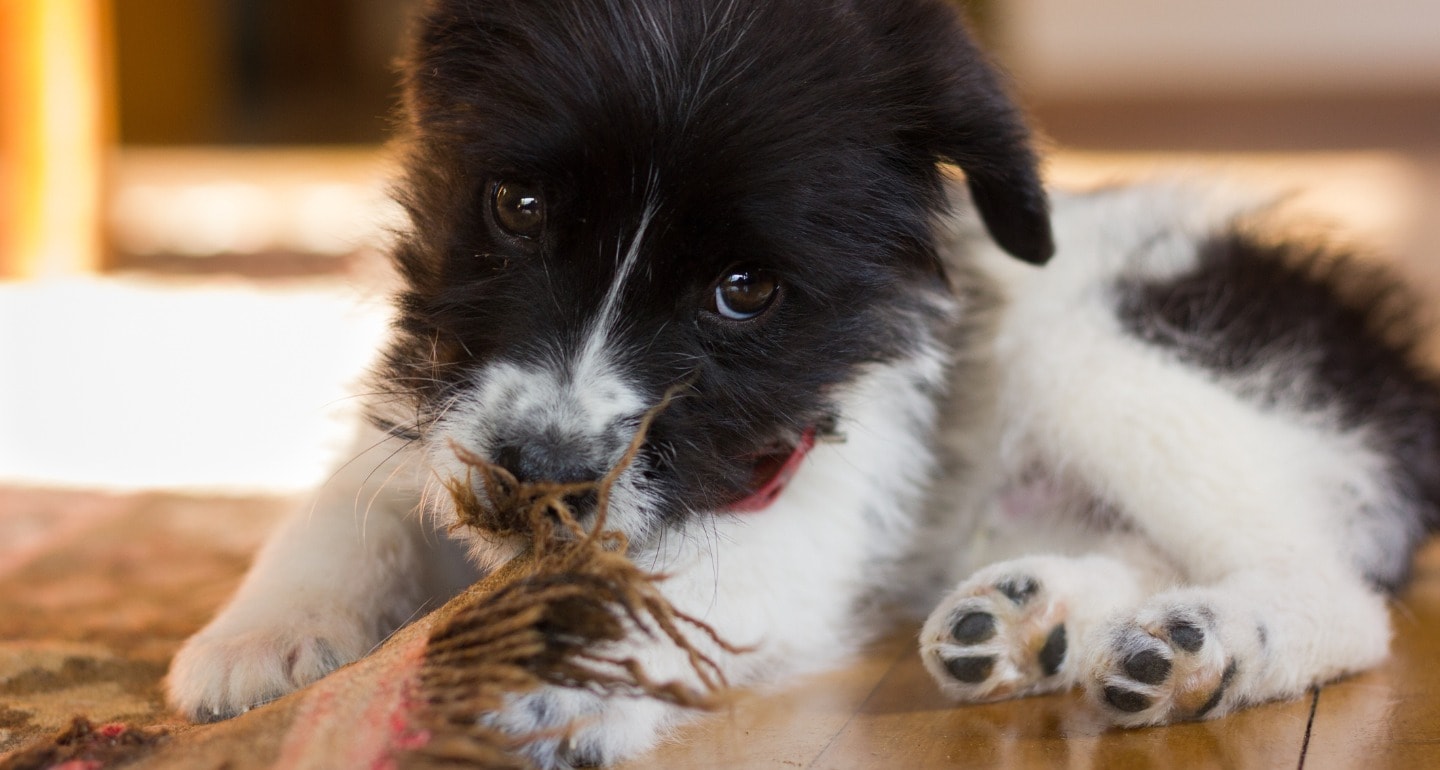
iStock.com/JosuOzkaritz
He’s Not Destroying Everything
While a bored or unexercised dog may decide to chew on something he shouldn’t at any age, in general, experts say that the amount of destructive chewing that a pup will do diminishes with age.
“Dogs tend to chew inappropriate things less frequently as they get older and their adult teeth come in, but also as their need to explore their environment decreases,” says Dr. Melissa Bain, a professor of clinical animal behavior service at UC Davis School of Veterinary Medicine.
Gruen adds that it’s still important to puppy-proof your house and teach your young dog about appropriate and inappropriate dog chew toys. “This helps keep puppies (and your stuff) safe. While adult dogs will continue to chew, they begin to learn what they should and shouldn’t chew,” she adds.

iStock.com/urbazon
He Eats Less
Puppies are notorious for gobbling down their food quickly, but as they approach adulthood, they may not retain their same ravenous appetite. This is because the caloric requirements for puppies is different than that of an adult dog.
“Puppy energy needs are highest before four months and gradually decrease to adult amounts over the next two to twelve months, depending on the breed,” says Dr. Cailin Heinze, assistant professor of nutrition at Cummings School of Veterinary Medicine at Tufts University.
As different breeds reach adulthood faster than others, it’s recommended that you check in with your veterinarian on when it is safe to take a dog off of puppy food and transition to an adult dog food or change his diet for any reason.
“The other thing that can affect calorie needs considerably is spaying or neutering,” Heinze says. “Calorie needs can decrease by 20 percent within a few days after surgery and so the amount fed should be adjusted to maintain weight. If you spay or neuter your dog as a puppy, you should look for a lower calorie puppy food, not switch to an adult food.”
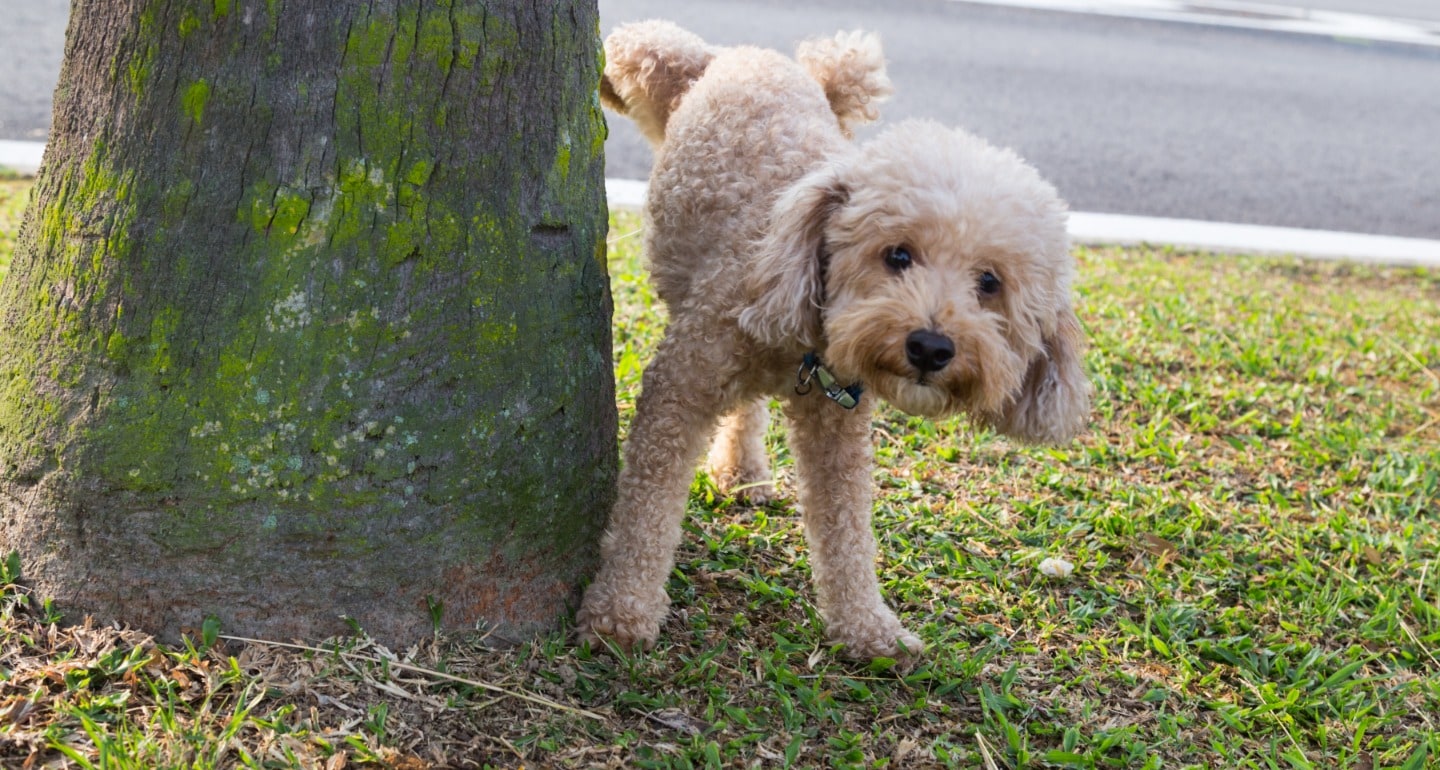
iStock.com/ThamKC
He Begins to Mature
On average, a dog’s sexual maturity is reached by nine months of age. However, Dr. Margret Casal, an associate professor of medical genetics at University of Pennsylvania’s School of Veterinary Medicine, says that a smaller breed dog might go into heat earlier, and a large breed, like a Great Dane or Irish Wolfhound, might not reach sexual maturity until almost 18 to 24 months of age.
There are several signs a dog may begin to exhibit to indicate that they are entering this phase of life. “In males, the behavior may change to marking a lot, lifting a leg to pee, becoming more interested in females in heat,” says Casal.
And when female dogs go into heat, they often have bloody vaginal discharge, appetite changes, or may appear to be more anxious than usual.
“Owners will want to talk with their veterinarians about their plans for spaying or neutering their dogs and how to manage them if they decide not to spay or neuter them,” says Gruen.
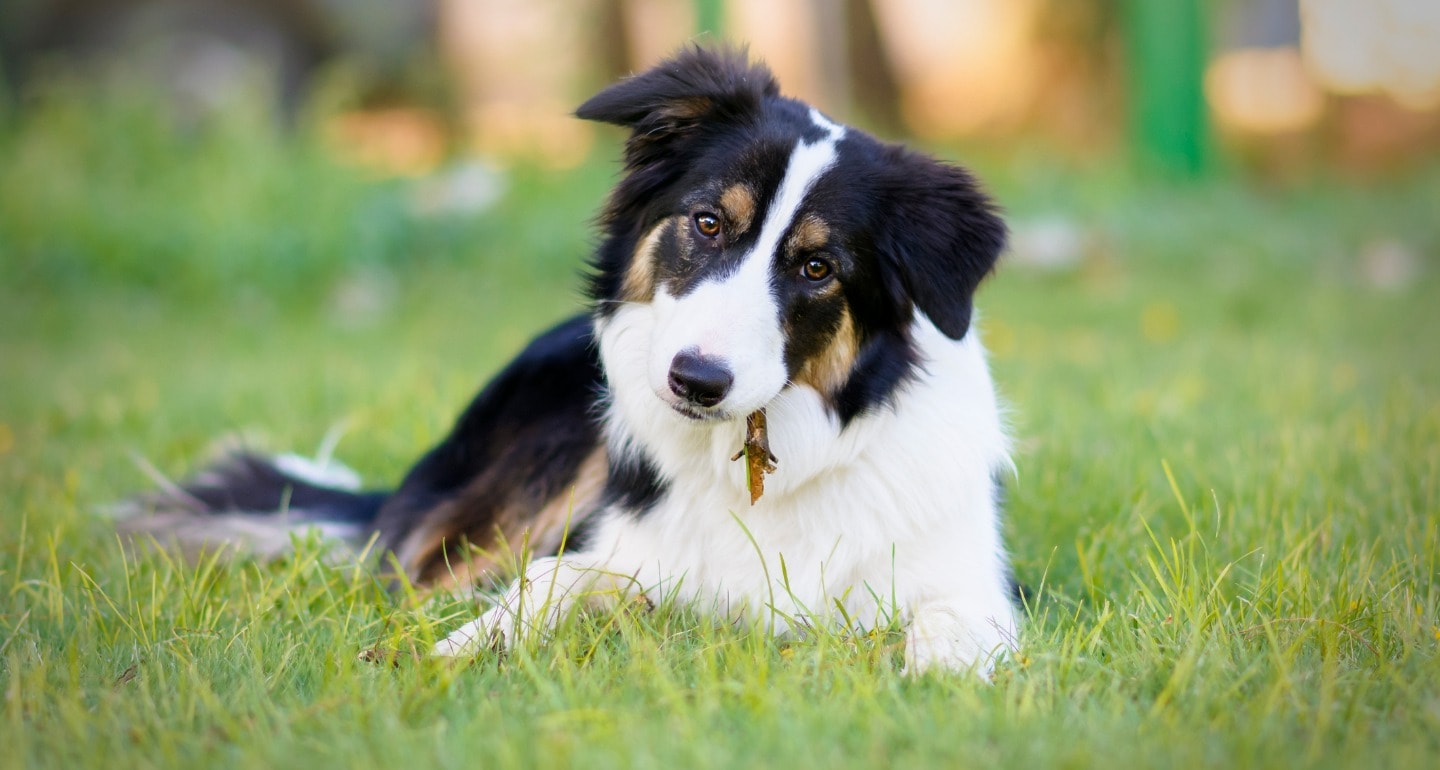
iStock.com/TamaraLSanchez
He’s Having Fewer Accidents
Another sign that your puppy may be reaching adulthood is the fact that he is having fewer accidents in the house.
“As dogs age, they are physically able to hold their urine and feces longer. This leads to less house-soiling,” says Bain.
Casal says that while tiny puppies need to relieve themselves frequently, by four to five months of age, a pup should be able to go six to eight hours without having to use the bathroom. An adult dog is capable of holding its urine even longer, although regular bathroom breaks will be necessary throughout your dog’s entire life.
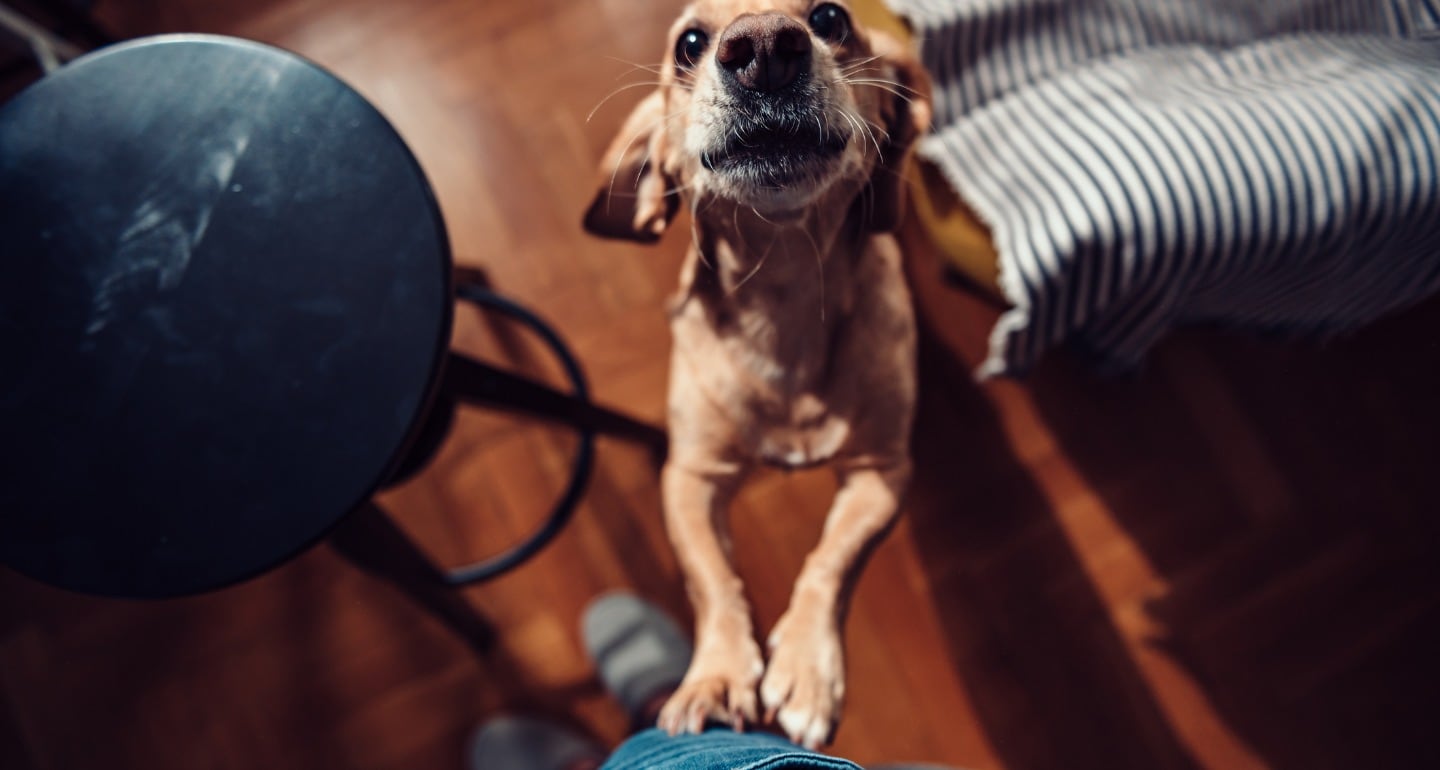
iStock.com/Kerkez
He Starts Acting Like a Teenager
As a dog ages, he may begin to test boundaries. “The puppy is generally reluctant to speck its mind about scary or aversive things. The adult dog is less reserved. For this reason, owners often notice aggression in their dogs sometime between 18 and 36 months of age,” says Dr. Liz Stelow.
To combat this, Gruen stresses the importance of staying on top of unwanted behaviors. “Good habits are best to start early! As puppies mature and grow, behaviors that were once cute (like jumping up) become much harder to manage,” she says.
If any odd behaviors pop up that you have a hard time getting your dog to cease, it’s best to consult your veterinarian or a certified animal trainer.
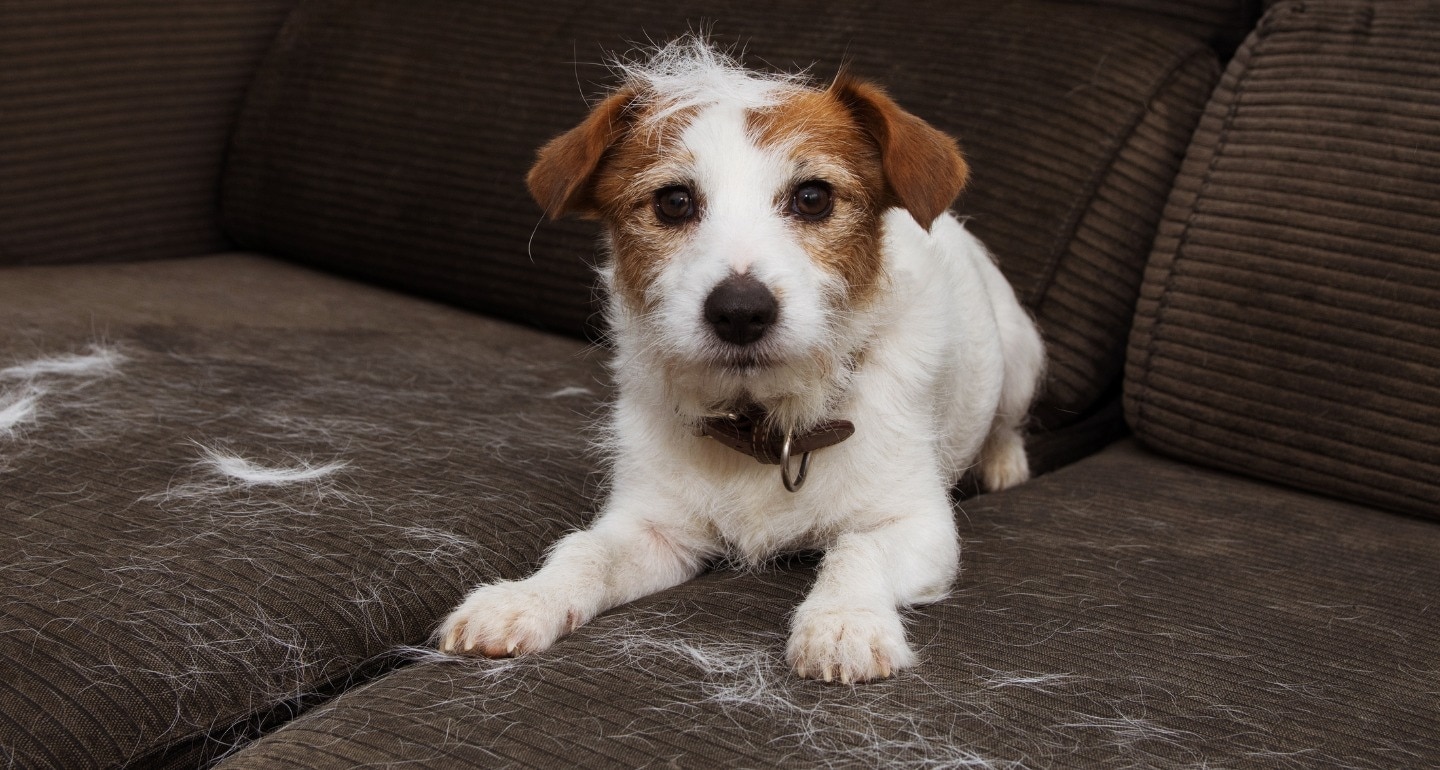
iStock.com/smrm1977
He Needs to Be Brushed More
Puppies are born with what is often referred to as a “puppy coat.” This fur is typically shorter than a dog’s adult coat will be and is often on the fluffier side, as a means of keeping a young dog warm. As a dog begins to age, his coat will slowly transition into that of an adult dog’s.
Puppy fur can begin to fall out around six months of age and it may take another six months to one year for the full adult coat to replace the puppy coat, Stelow says.
“With this can come changes in coat color, texture, and length,” she says. “Grooming needs may change as the adult coat takes over, depending on the breed of dog.”
An adult coat may tend to mat or tangle more easily than that of a puppy’s softer fur, which can often lead to a need for additional brushings or visits to the grooming salon.
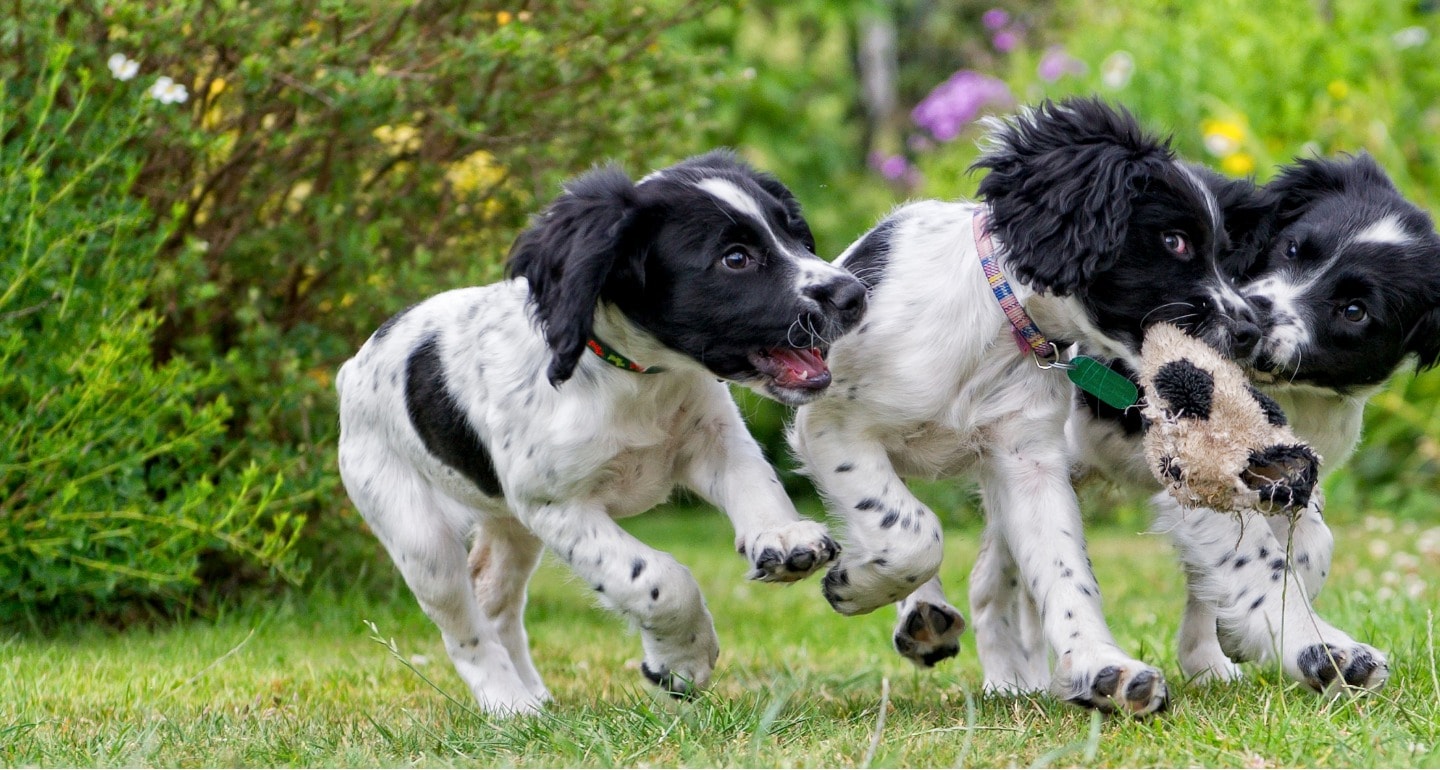
iStock.com/dageldog
He’s More (Or Less) Social With Other Dogs
As a puppy nears adulthood, the way that he interacts with other dogs will likely begin to change.
“Sometime between 12 and 36 months of age, each dog will become socially mature. At this time, his or her relationship with other dogs and even with people can begin to change,” Stelow says.
For instance, if other dogs live in the household, a young dog may begin to assert his desire to be treated with greater deference, even becoming the more dominant dog in the group, Gruen says.
“Throughout this time, it’s important to keep interactions positive, and watch for signs that the puppy is uncomfortable or nervous,” Gruen adds. “This is a time when some behavior problems can start to be noticed, including fear-based aggression or sound sensitivities.”
If any of these behaviors occur, talk to your veterinarian about a positive-based management plan early, as it is easier to address these types of issues before they become more serious.
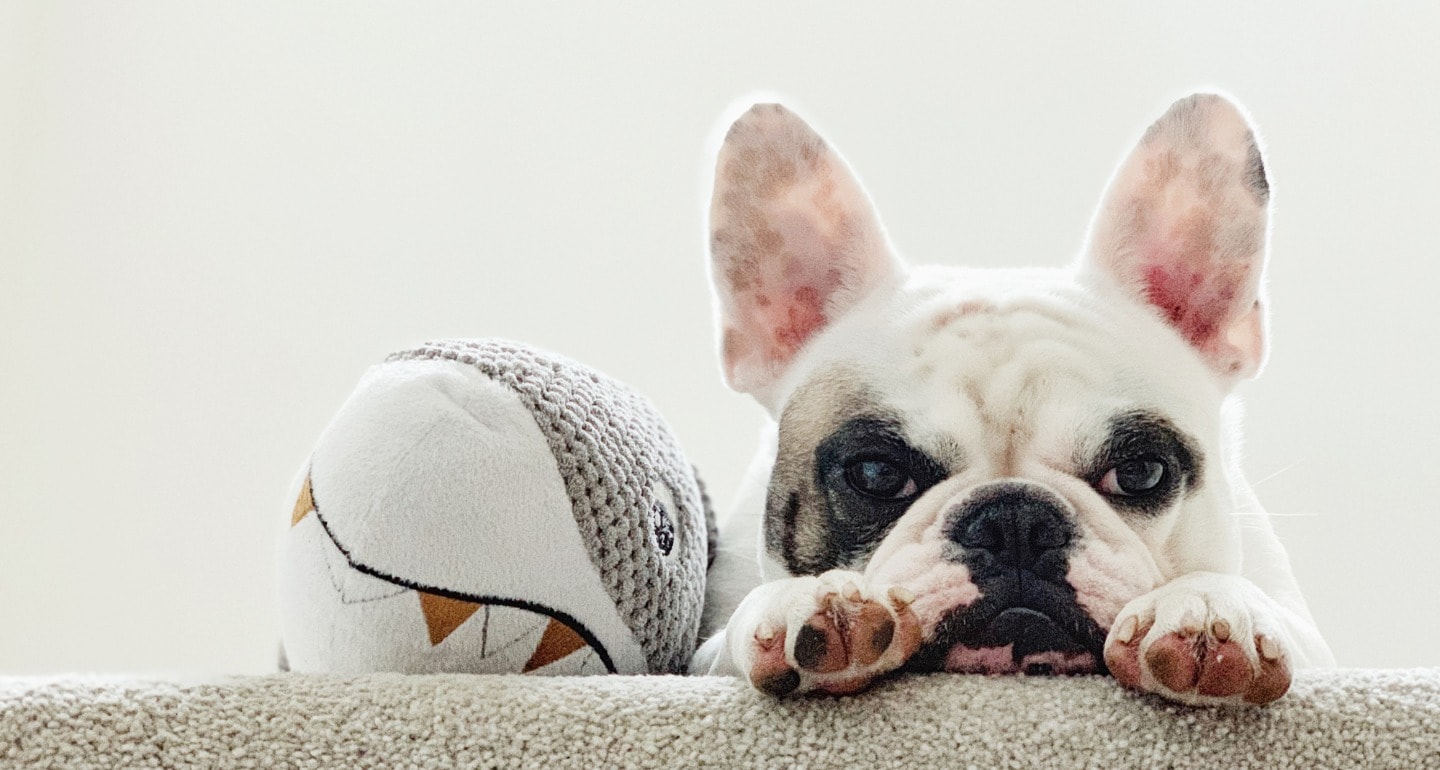
iStock.com/gollykim
He’s Less Playful
As a young dog reaches adulthood, he may begin to lose some interest in playtime and might become more interested in spending his time sniffing around at the dog park instead. That’s not to say that he won’t be ready to chase a friend around the park if the mood strikes, however.
“There are some dogs that will act and be playful like puppies their whole lives, like some Labrador Retrievers. I know some Weimaraners and German Shorthairs that could go out every five minutes to play and run despite being over ten years old,” says Casal.
Your newly-crowned adult pup may still want to wrestle, however, don’t be surprised if he doesn’t jump at the chance to frolic around with every canine candidate that crosses his path.
“Older dogs are more attentive in general to who they might want to play with,” says Bain. “And the play may take on a slightly different form. You may be less likely to see the consistently deferential behavior toward older dogs that puppies show.”
An older dog may also become annoyed with younger puppies jumping all over him, so keep that in mind when walking past a stranger on the street with a little pup who may want to greet your dog.




